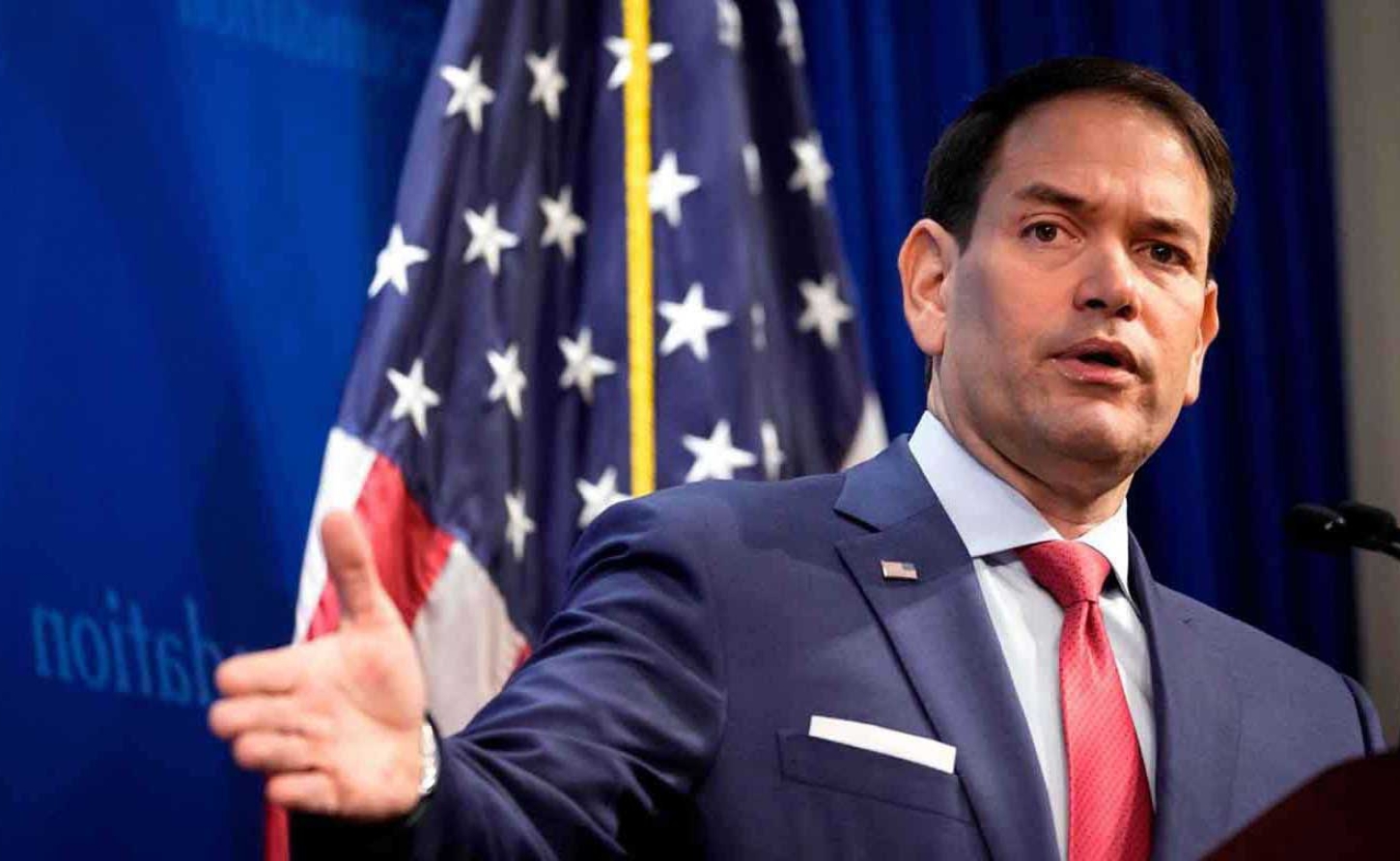JAMAICA | How America's New Visa Bond May Target Caribbean’s Economic Lifeline

WASHINGTON DC, August 5, 2025 - The United States State Department's proposal to impose bonds of up to $15,000 on certain visa applicants represents more than bureaucratic tinkering—it's a calculated economic barrier that will disproportionately impact Caribbean nationals seeking legitimate business and tourism opportunities.
This pilot program, set to launch within days of its Federal Register publication, exposes the discriminatory architecture underlying American immigration policy while threatening to sever vital economic arteries between the US and the Caribbean.
The Mechanics of Modern Discrimination
The bond system operates through seemingly neutral criteria that mask inherent bias. Countries face targeting based on "high visa overstay rates," "deficient internal document security controls," or offering "citizenship by investment" programs.
Yet these metrics conveniently ignore the structural inequalities that drive migration patterns. Caribbean nations, many still recovering from colonial extraction and climate disasters, inevitably score poorly on metrics designed around First World administrative capacity.
The exemption for Visa Waiver Program countries reveals the policy's true nature.
Wealthy European nations whose citizens can enter the US without visas entirely escape this financial burden, while Caribbean professionals seeking legitimate business opportunities face potential $15,000 barriers.
This creates a two-tiered system where economic privilege determines mobility rights, effectively criminalizing poverty while rewarding wealth.
The bond amounts—$5,000, $10,000, or $15,000—represent astronomical sums for average Caribbean families.
For many Caribbean workers earning local salaries, these bonds could exceed annual incomes, transforming visa applications from administrative processes into prohibitive financial gambles.
Strangling the Caribbean-American Economic Engine
This policy strikes at the heart of Caribbean-American economic relationships that generate billions in annual trade and remittances.
Caribbean entrepreneurs who built cross-border businesses through regular US travel face potential exclusion, while family members seeking to attend graduations, weddings, or medical emergencies confront impossible financial barriers.
The ripple effects extend beyond individual hardship to regional economic disruption.
The tourism sector, already fragile from climate vulnerability and global competition, faces another blow.
Caribbean travel agents, tour operators, and hospitality professionals who require US travel for business development could find themselves locked out of essential networking and training opportunities.
This occurs precisely when Caribbean economies need enhanced US economic integration to build climate resilience and diversify beyond traditional industries.
Family reunification—long a cornerstone of Caribbean-American relationships—becomes a luxury available only to the wealthy.
The policy essentially monetizes family bonds, determining that only those who can afford substantial financial risks deserve to maintain cross-border family connections.
This commodification of human relationships reflects a broader dehumanization embedded in contemporary immigration policy.
Historical Patterns of Targeted Exclusion
This bond proposal fits established patterns of US immigration policy that systemically disadvantages developing nations while privileging wealthy countries.
From the Chinese Exclusion Act to contemporary country-specific travel bans, American immigration law has consistently used seemingly neutral mechanisms to achieve discriminatory outcomes.
The visa bond system represents a sophisticated evolution of this approach—using economic barriers rather than explicit racial or national targeting.
The policy's timing, emerging during broader immigration crackdowns, suggests strategic coordination rather than isolated administrative reform.
By framing exclusion in financial rather than racial terms, the policy achieves discriminatory goals while maintaining plausible deniability about its intent.
This represents a concerning shift toward economic gatekeeping that could become a template for broader immigration restrictions.
Regional Diplomatic Reckoning
The Caribbean Community now faces a critical test of its collective diplomatic capacity. Individual protest will prove ineffective against this systematic exclusion—only coordinated regional response can challenge policies that treat Caribbean nationals as inherently suspect.
This moment demands renewed focus on Caribbean diplomatic unity and strategic economic leverage.
The bond proposal ultimately reflects America's decreasing respect for Caribbean sovereignty and partnership.
Rather than acknowledging historical responsibility for regional underdevelopment, US policy increasingly treats Caribbean mobility as a privilege to be purchased rather than a right to be respected.
The Caribbean's response will determine whether this precedent stands or falls.
-30-
